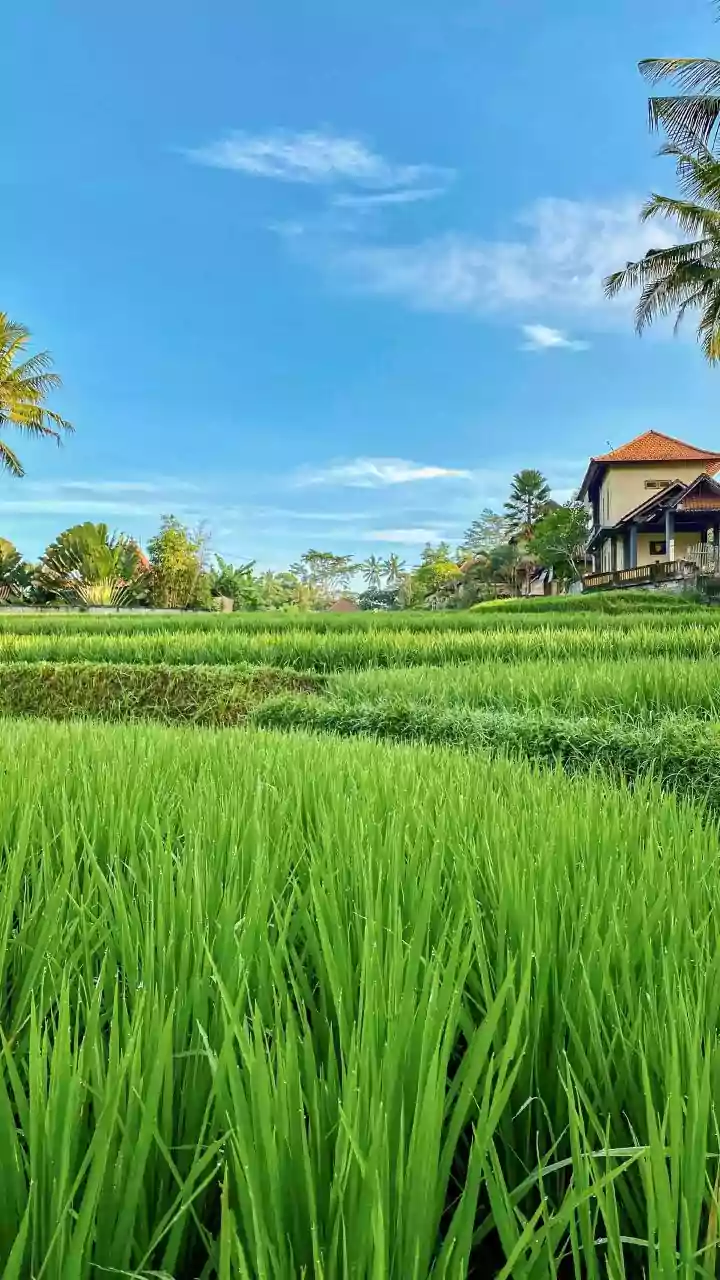In the quiet village of Bargharia, in Jalpaiguri district of West Bengal, a remarkable transformation is taking shape. What was once discarded as useless waste — fish scales and fins — has now become a source
of livelihood for several families. For a region that long struggled with unemployment and migration, this shift has brought both economic relief and local pride.
When Waste Became a Source of Income
Bargharia, located under Dhupguri block, was once known for its migrant laborers who had to travel outside the state in search of work. Today, that story has changed. A handful of families in this village have found value in what the world throws away — the remnants of fish.
Each morning, men and women visit nearby fish markets to collect fish scales and fins, often discarded by sellers. These are brought home, washed thoroughly, and laid out under the sun to dry. Once dried, the items are packed into sacks and sold to local traders who come directly to their doorsteps.
On average, villagers collect about 30 to 32 kilograms of fish scales and fins per day. The scales fetch around Rs 30 to Rs 32 per kilogram, while the fins are sold at Rs 8 to Rs 10 per kilogram. The work may seem small-scale, but for many households, it has replaced the uncertain income from daily wage labor with steady earnings.
The Journey from Village to Global Market
What happens to these fish scales and fins after they leave the village? The story stretches far beyond Bengal’s borders. The collected material is first sent to hubs like Siliguri and Kolkata. From there, it is exported to Bangladesh, where these seemingly insignificant scraps are turned into valuable raw materials.
Fish scales contain collagen, a protein that is in high demand in the global beauty and cosmetics industry. They are used to produce ingredients for nail polish, face creams, and skincare products. Even the fins find use in manufacturing animal feed and certain traditional medicines.
So, what begins as waste in Bargharia ends up in international factories, transformed into luxury products sold around the world.
Women at the Heart of the Change
One of the most inspiring aspects of this story is the empowerment of local women. Many homemakers who earlier depended entirely on their husbands’ income are now active participants in this cottage industry. “We never thought these scales could have value,” says one woman from Bargharia. “Now, we work from home, and our family expenses are being met without having to leave the village.”
This newfound financial independence has also encouraged younger women to join in, proving that small-scale innovations can drive big social change.
Eco-Friendly and Economically Smart
This initiative is not just profitable — it is also sustainable. Turning discarded materials into useful commodities prevents waste accumulation and helps maintain cleaner surroundings. The drying and cleaning processes require minimal energy and no harmful chemicals, making the practice environmentally sound.
By reusing what would otherwise pollute local water bodies or landfills, the villagers have shown how traditional communities can adopt eco-friendly entrepreneurship without the need for modern machinery or huge investments.
The Ripple Effect Across Rural Bengal
Encouraged by Bargharia’s success, nearby villages are beginning to follow the same model. Middlemen and traders are expanding their collection networks, and awareness is spreading among fish sellers and local cooperatives.
With rising demand for sustainable raw materials in global markets, such innovations could soon become a key part of India’s rural economy. Experts believe that government support, in the form of microloans, training, and export facilitation, can further boost this unique business model.
A Lesson in Innovation and Self-Reliance
The story of Bargharia is a reminder that opportunity often hides in plain sight. With minimal investment, creativity, and collaboration, an entire community has redefined its economic future. It demonstrates that even waste — when viewed differently — can become a resource of immense value.
From fish scales glistening in the sun to shimmering bottles of nail polish on urban shelves, this journey from pond to product stands as a shining example of how local innovation can ripple into global relevance.
For rural India, the message is clear — sometimes, prosperity begins with a single overlooked detail.




















